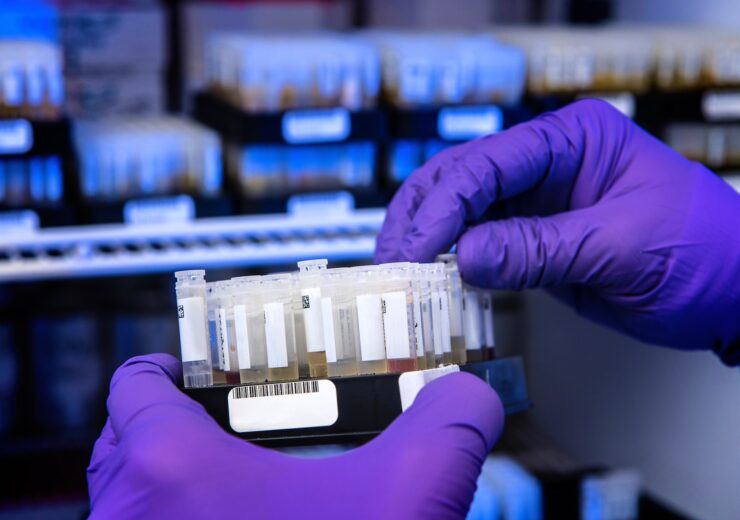ModeX will gain access to Nona Bioscience’s fully human Harbour Mice platforms to discover monoclonal antibodies that will be integrated into ModeX’s MSTAR platform

Nona Biosciences and ModeX Therapeutics partner for the discovery of antibodies. (Credit: CDC on Unsplash)
Nona Biosciences, a wholly-owned subsidiary of HBM, has signed an agreement with ModeX Therapeutics, an OPKO Health company, to use Nona’s platforms to support the development of ModeX’s multispecific antibody therapeutics.
Under the terms of the agreement, US-based ModeX will gain access to Nona Bioscience’s fully human Harbour Mice platforms. It will be used to discover monoclonal antibodies that will be integrated into ModeX’s MSTAR platform.
The integration is expected to lower the time-consuming step of the preclinical development process.
Nona Biosciences chairman Jingsong Wang said: “We are delighted to enter into this collaboration with ModeX Therapeutics.
“We believe that our discovery platforms are highly complementary to ModeX’s approach and are pleased to be able to offer a solution with the potential to speed the discovery of antibodies that ModeX can leverage in multispecific research and development.”
Designed to layer multi-specific functionality onto industry-standard antibody designs, the MSTAR platform allows an increased range of functionality and disease applicability.
The partnership aims to use each company’s expertise to drive forward the discovery of advanced treatments.
ModeX chief scientific officer John Mascola said: “We look forward to partnering with Nona Biosciences to accelerate and enhance our discovery of novel multispecific antibody constructs that our team can advance into clinical development.”
The Harbour Mice platforms give fully human monoclonal antibodies in classical two light and two heavy chain (H2L2) formats and heavy chain only (HCAb) formats.
In March this year, ModeX Therapeutics inked a worldwide license and collaboration agreement worth up to $922.5m with Merck (MSD).
The partnership will develop MDX-2201, the former’s preclinical nanoparticle vaccine candidate targeting Epstein-Barr virus (EBV).
